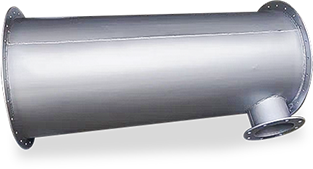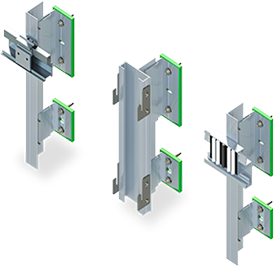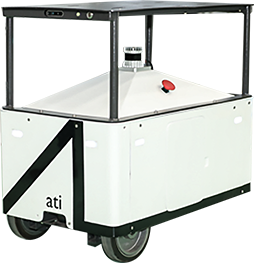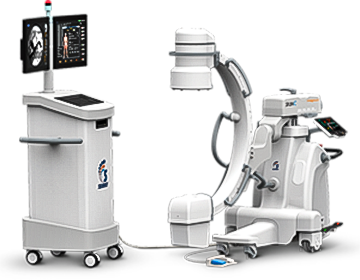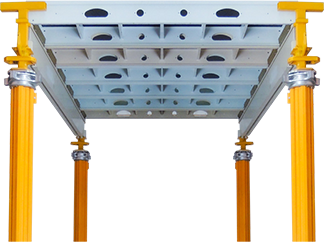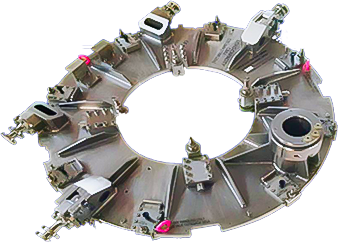
The trio of increased environmental consciousness, rising prices of automobile fuels, and a policy push by the government have expedited the growth of electric mobility in India. EY, in this report, talks about a 168% jump in EV registrations (~330k units in 2021) from 2020. In the same report, they share projections suggesting we are looking at an industry that is expected to grow to 9 million units per annum by 2027.
This transformational shift can also be seen in the form of increased industrial interests and the development of EV manufacturing clusters in different parts of India. Another big reason for this growth are Government policies launched to expedite growth of the EV sector. Some examples are the National Electric Mobility Mission Plan (NEMMP), the e-AMRIT portal for EVs, and phase-II of the FAME scheme.
The thing to wonder here is what is causing this change in the automobile sector. Let’s find out.
Why and how are EVs becoming mainstream?
Almost every major automobile company is involved in extensive R&D along with manufacturing EVs. The emergence of widespread manufacturing and increased competition has made electric mobility cheaper and more accessible to the masses. In general, EVs have:
- Low maintenance costs
- Cheaper to manufacture
- Fewer moving parts
- Tax and financial benefits
- Great for the environment
Especially the cost factor has become the cherry on the cake, making electric mobility mainstream. All this means we will witness numerous startups and companies enter this space in the coming years.
Anyone interested in becoming a part of this revolution must know the ins and outs of this industry and the major components of electric vehicles. One needs to know the current major players, how EVs are made, the major components of an EV and challenges of the industry.
Major players in the current EV space
The electric mobility space is spread across almost all automobile segments, including 2-Wheelers, 3-Wheelers (e-Rickshaws taking the charge), 4-Wheeler cars and commercial electric vehicles in India. Numerous startups and electric vehicle manufacturing companies in India are doing amazing work in the space. Here is a list for you to get an idea:
- Mahindra Electric (Mahindra started with Reva and now has grown into multiple segments with EVs like Treo and e-Alfa Mini)
- Ola (With S1 and S1 Pro Ola electric scooter, Ola has made a mark in the 2W segment)
- Hero Electric
- Ather Energy with Ather 450 Plus and the Ather 450X Gen3 (Starting with EVs in 2016, Ather is one of the biggest players that has also developed their EV charging network in 30+ cities)
- Ashok Leyland
- Tork Motors
What goes into making an EV
The design and structure of different types of electric vehicles in India might vary, but the components powering an EV are mostly the same. There are major components in an EV that you must know of before planning on manufacturing. These are:
- Battery pack (Battery is the powerhouse of an EV. It can be a lithium-ion, nickel-metal hydride, lead acid, and others)
- Electric motor (Converts electrical energy to kinetic energy)
- Power inverter (Converts DC into AC)
- DC-DC Converter (Converts electricity into low voltage for different parts)
- Auxiliary batteries (Alternative source of energy for different parts in the EV)
- Thermal system (cooling)
- Transmission (transmission has always been part of automobile engines, it converts and transfers the energy to the wheels)
- Charge Port (The port used to charge your EV using an external supply)
- Onboard charger (This allows you to charge your EV at home)
- Controller (It regulates the flow of electricity in the EV)
- Chassis (The skeletal structure of the EV)
- Charger Enclosure (The housing that protects the electricals of the charger)
- Gear box housing (The housing that protects the gearbox from damages)
- Motor Mounting (The cover that protects components from vibrations of the motor)
- Body Panels (They form the body structure of the electrical vehicle)
- Battery Box (This holds the battery and its components in a safe housing)
What do you need for efficient EV manufacturing?
Because the EV manufacturing sector is in the initial stages of growth, we do not have defined manufacturing practices to look up to. Manufacturers do not have past experience in building components that EV companies need, which means the knowledge of designs and challenges in manufacturing is also limited.
You have to take care of a few things before starting with your manufacturing:
Manufacturing services
There are different types of processes involved when you plan for manufacturing an EV or rapid prototyping. These include, among other processes:
- Fabrication
- Sheet metal fabrication
- CNC Machining
- Vacuum casting
- Pressure Die Casting
- Sand Casting
- 3D printing
- Injection Molding
- Sheet metal bending/punching/cutting
Every manufacturing process has to be performed keeping in mind the regulations set by the regulatory bodies and efficient practices. Because there is a lot of competition and constant R&D is taking place, you have to make sure you manufacture an EV that is cost-effective, aesthetic, and user-centric.
Current challenges of the industry and how is Karkhana.io solving them
The EV industry currently faces a lot of challenges that will be solved in this decade as we step into the next phase of EV growth.
- Lack of a well-developed supply chain: The EV industry in India is in its nascent stage which means finding a reliable supplier is a challenge, especially for startups. You might have to deal with a manufacturer who has never built the EV component that you are looking for. This means the manufacturer would not understand the technicalities of the component that you are trying to make, Karkhana.io bridges this gap with their in-house experts who translate your drawings for the manufacturer.
- Finding the right supplier, especially for startups: Most of the EV parts vendors are supplying to established OEMs and are reluctant to deal with low-volume orders. Normally they would refuse an order for producing 10,000 pieces of a component for a startup. To solve this challenge, Karkhana.io has identified manufacturers who specialize in specific categories through their expert vetting process. Karkhana.io helps startups connect with these manufacturers and even helps with project management to fulfill requirements.
- Lack of transparency in pricing: A well-defined pricing structure is absent because there are only a handful of manufacturers. Karkhana.io helps you compare pricing from numerous manufacturers before starting on your project.
- Technical know-how: MSMEs can develop manufacturing units or process large orders only after they have a proof of concept. For this, they need rapid prototyping and expert help in designing models and identifying the best manufacturing processes. Karkhana.io has inhouse manufacturing experts who help create systems and consult companies on getting their manufacturing done efficiently.
- Low levels of trust: Karkhana.io has helped numerous startups and companies fulfill their complex manufacturing needs using their processes, database, manufacturing relationships, and network of experts. The past case studies and brands that trust Karkhana.io are what companies need to jumpstart their manufacturing projects.
EV companies that Karkhana.io has helped with their unique process
Karkhana.io has created a result-driven manufacturing ecosystem for EV companies. Systems are developed that answer every need of companies looking to get help with manufacturing including quick design validation, manufacturability feedback via our expert in-house engineers, project management, transparent pricing, quality checks and logistics. The complete process includes regular quality checks, audits of suppliers, order updates and more.
We have helped buymyEV (manufacturers of EVs) with manufacturing of E2W chassis, MAGNES motors with manufacturing of Electric Go-kart chassis, EXPONENT with manufacturing of micro channel weldment amongst others.
Want to experience our processes and barrier-free manufacturing? Start by registering on our digital platform.




